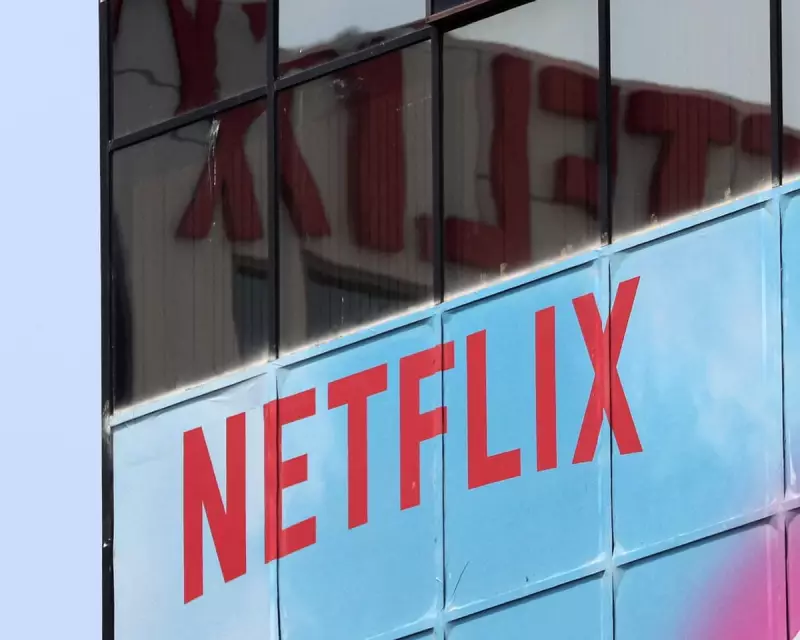
Netflix finds itself embroiled in a significant financial showdown with Brazilian tax authorities, facing a potential £170 million liability that could reshape how streaming platforms operate in one of their fastest-growing markets.
The Core of the Controversy
At the heart of the dispute lies Netflix's accounting treatment of content production costs in Brazil. The streaming behemoth has been deducting expenses related to creating and acquiring Brazilian content from its taxable income, a practice that tax officials now challenge as improperly claimed.
The Brazilian tax authority contends these deductions don't meet the necessary legal requirements, potentially leaving Netflix with a substantial financial shortfall.
Growth Market Under Scrutiny
This tax controversy emerges as Netflix reports impressive subscriber growth across Latin America, with Brazil standing out as a particularly crucial market. The timing raises questions about how increased regulatory scrutiny might impact the company's expansion strategy in emerging markets.
The dispute highlights the complex intersection of digital entertainment, international tax law, and content production economics that global streaming services must navigate.
Broader Implications for Streaming Industry
This case could establish important precedents for how streaming platforms are taxed worldwide. As governments increasingly seek to capture revenue from digital giants, Netflix's Brazilian tax battle may signal a new era of heightened scrutiny for the entire streaming sector.
The outcome could influence how other countries approach taxation of digital content production and distribution, potentially affecting pricing strategies and content investment decisions across the industry.
What Comes Next
Netflix now faces critical decisions about how to address this challenge while maintaining its growth momentum in one of its most important international markets. The resolution of this dispute will be closely watched by investors, competitors, and tax authorities worldwide.





